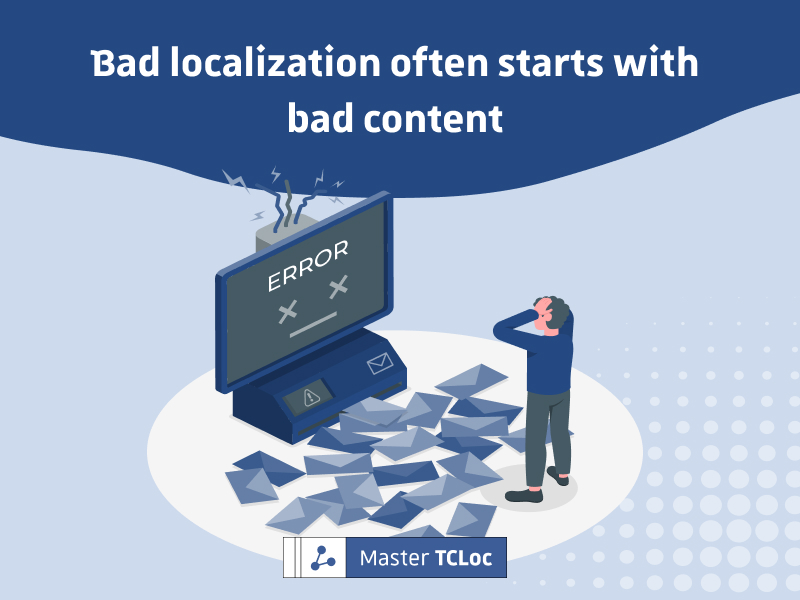A successful business localization strategy is essential as Internationalization creates services or products on a global scale. In the modern world, it is not only a necessity for successful businesses beyond physical borders, but also a connection to different languages and cultures. That is where Localization comes into the topic, which refers to providing translation and cultural adaptation within a specific language and market. Both processes aim to expand their target audience and open up to other markets. But to what extent are businesses willing to undergo this procedure, and what are the benefits of this?
The Importance of Native Language for Consumers in Your Business Localization Strategy
Even if a product seems self-explanatory, its chances of purchase in a new market are low without prior adaptation or research. People behind enterprises and markets always choose convenience. A Common Sense Advisory study (as reported by Slator) shows nearly 75% of consumers search websites and prefer buying products with information in their native tongue.
People prefer choosing products that they can comprehend their features, but could that suggest a lucrative business method, considering the abundance of available options and the level of competition? According to the same study, more than half of consumers value the availability of the product’s information to their native language more than the price itself. It could be implied that people tend to trust more businesses that provide products in their native language, which is a significant issue in the current Age of Information.
Beyond Language: The Crucial Role of Cultural Nuance in Global Market Adaptation
Language knowledge is important. However, seemingly irrelevant details often make the difference. Internationalization and Localization offer mutual benefits and are equally vital. Providing information in a language is crucial for exploring new markets. Yet, quality localization and cultural knowledge truly create success stories. This forms the core of an effective business localization strategy. Learn more about building these skills with the TCLoc Master’s program.
Case Study: A Culinary and Linguistic Mishap & Its Impact on a Business Localization Strategy
Consider a Greek food restaurant in Athens wanting to attract more English-speaking customers by adding an English menu. You visit and receive the new bilingual menu. To order the famous souvlaki, the Greek side lists “σουβλάκι” with the preferred meat. You see the same word in Latin transcription and the meat’s translation. Lower down, “καλαμάκι” appears, also with the meat choice. Surprisingly, the English menu translates “καλαμάκι” as straw. You’re puzzled and ask for an explanation. Why the confusion?<!-
In the Athenian modern Greek dialect and parts of southern Greece, locals call the famous yeeros or gyrossouvlaki (σουβλάκι). What the rest of the country calls σουβλάκι (a skewer in pita bread), Athenians call kalamaki (καλαμάκι). If that’s not confusing enough, kalamaki (καλαμάκι) primarily means a drinking straw. Less often, it refers to a skewer stick. It also happens to be the name of an area in southern Athens.
This anecdote might be amusing. However, it also highlights the business’s level of professionalism. This business did not seek proper translation. Therefore, companies must pay close attention throughout internationalization and localisation. This ensures high quality and trust. And it ensures you get the gyros you ordered, not a straw! A proper business localization strategy prevents such errors. You can find more insights on best practices for localization on the TCLoc Blog.
Conclusion: Ensuring Quality and Trust Through Localization
Businesses must meticulously manage every step of internationalization and localization. This vigilance ensures high-quality offerings. It also builds and maintains the trust of international clients. Ultimately, a wise investment in professional localization ensures clear brand messaging. Customers receive what they expect. This avoids costly misunderstandings and strengthens the company’s global reputation. A well-executed business localization strategy is fundamental to this success.



